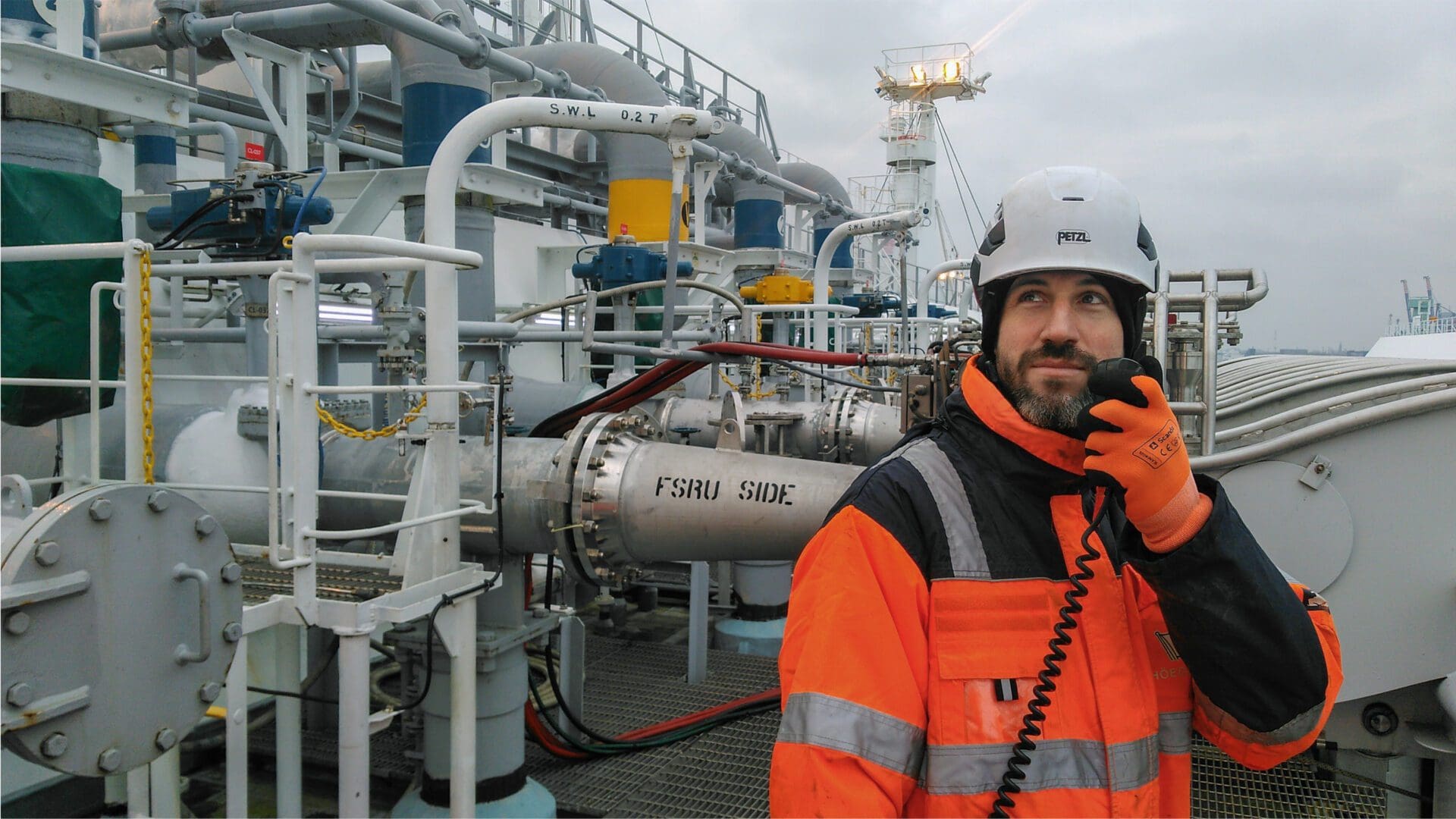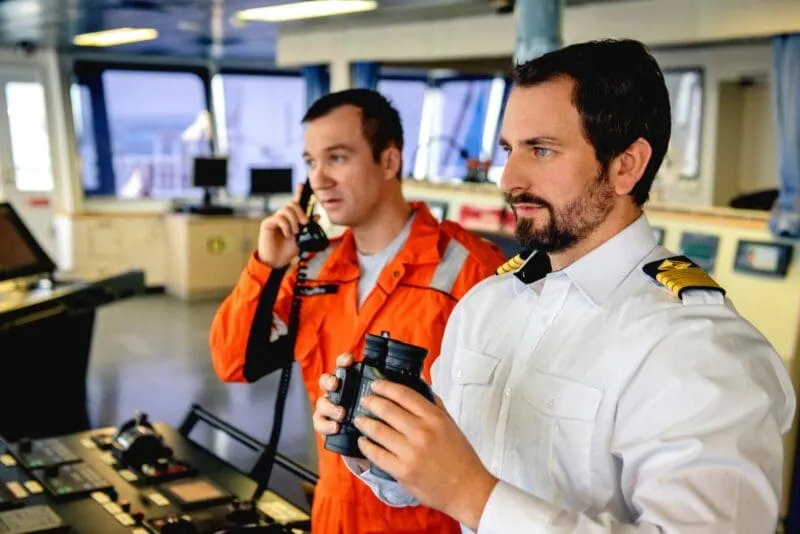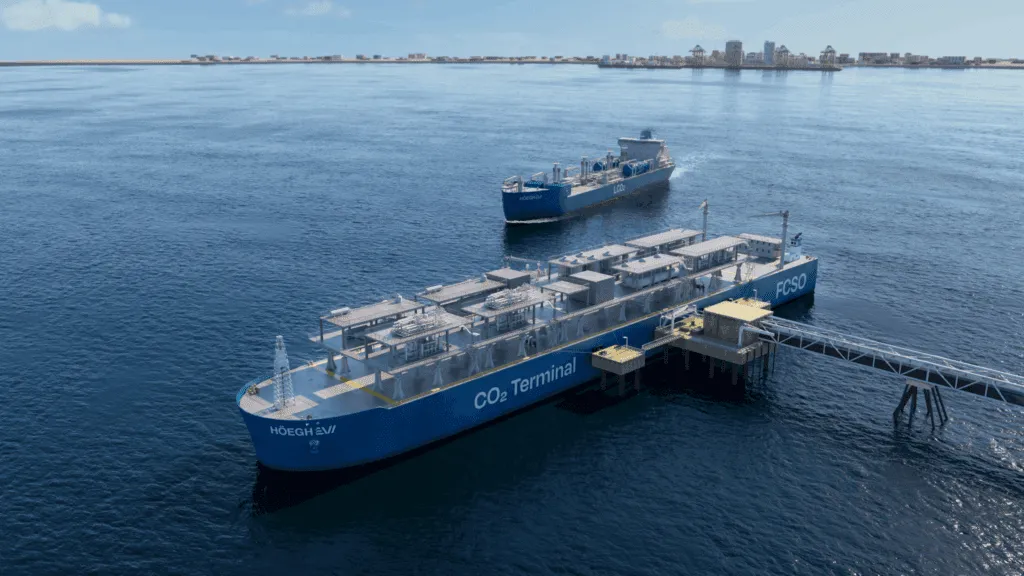Summary
Like many European countries, Germany has traditionally relied on the import of natural gas via pipeline from Russia. After the geopolitical events of 2022, German authorities looked to LNG as a replacement for Russian pipeline gas and ensure a diversified, reliable and secure energy supply. In record time, Höegh Evi deployed three high-capacity, modern FSRUs, supplying the capacity to provide electricity to 8 million households per vessel.
Challenge
Germany was dependent on Russia for approximately 1/3 of its gas supply, obtained via pipeline. The country had no LNG import infrastructure to facilitate importation of LNG from overseas markets. A gas crisis loomed, as did the potential for a cold winter.
Solution
The FSRU became the tool Germany needed to gain rapid access to LNG. In only 10 months from the initial contact between the authorities and Höegh Evi, the first FSRU Höegh Esperanza arrived in the port of Wilhelmshaven, being called the “ship of hope”. At the beginning of 2023, two more Höegh FSRUs arrived, the Höegh Gannet in Brunsbüttel and the Neptune in Lubmin. All were successfully installed and today supply natural gas to German Industry, businesses and households.

Impact
3
FSRUs in Germany
20
billion cubic meters (bcm) of annual regas capacity
1+
year fast-track deployment
Other projects
Providing stable and sufficient gas supply to Colombia
Delivering energy independence to a whole region
Related news

